Optimal Timing for Shrub Trimming
Understanding the optimal timing for shrub trimmings ensures healthy growth and maintains the aesthetic appeal of landscape plants. Proper scheduling can promote vigorous growth, improve plant health, and prevent disease.
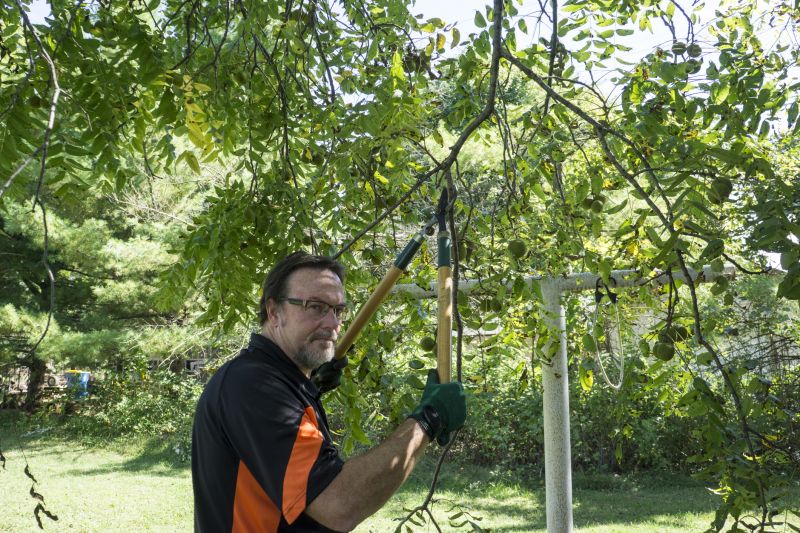
Spring is ideal for shaping and removing dead or damaged branches before active growth begins.
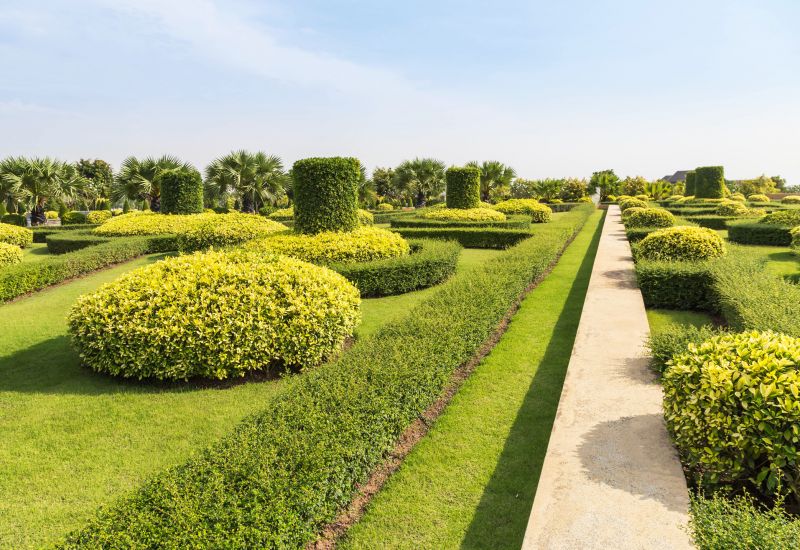
Summer trimming helps control size and encourages bushier growth during the growing season.
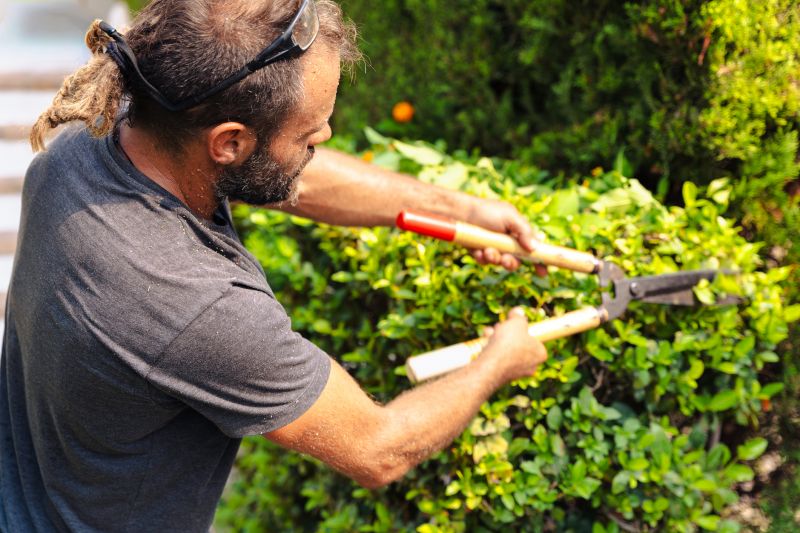
Fall is suitable for light pruning to prepare shrubs for winter and remove overgrowth.

Ways to make Shrub Trimmings work in tight or awkward layouts.
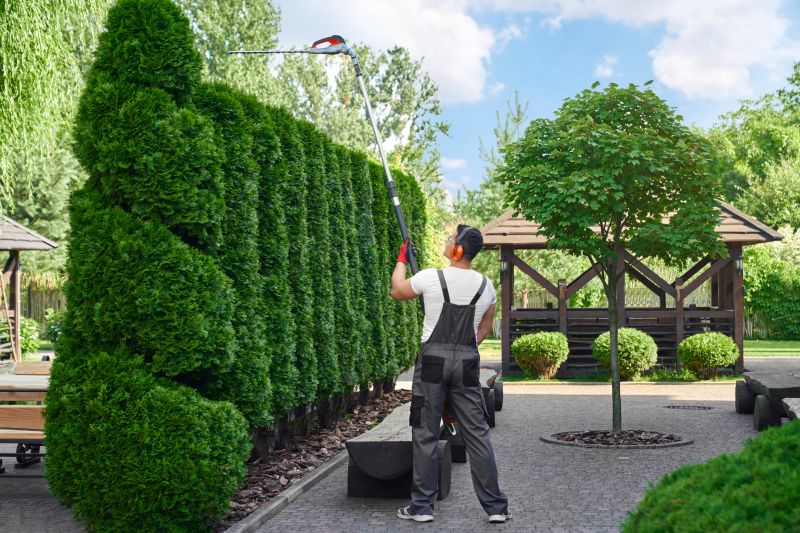
Popular materials for Shrub Trimmings and why they hold up over time.
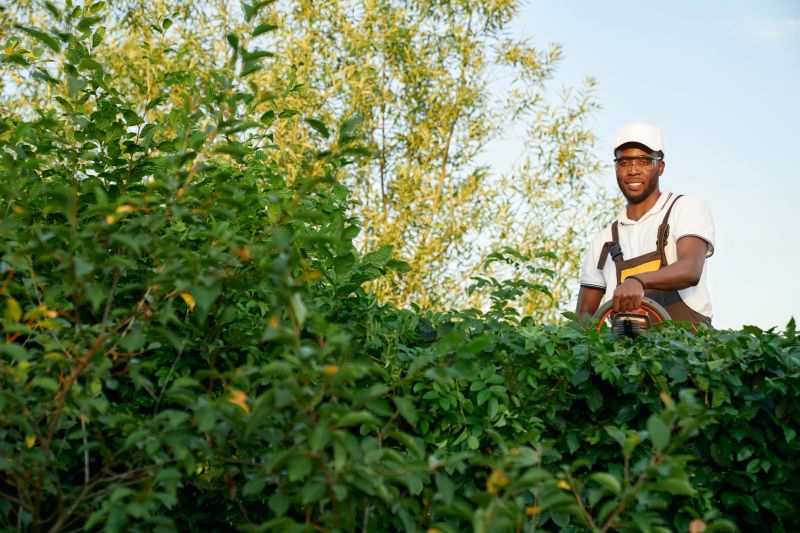
Simple add-ons that improve Shrub Trimmings without blowing the budget.
Correct timing prevents stress on shrubs, reduces disease risk, and supports healthy development.
Most shrubs have specific growth periods; trimming outside these can hinder growth or cause damage.
Late winter trimming can promote robust growth in early spring, especially for deciduous shrubs.
Over-trimming during inappropriate times can weaken plants and make them vulnerable to pests.
Shrub trimmings involve the removal of specific parts of a shrub to maintain shape, health, and size. Proper trimming techniques can enhance flowering, improve air circulation, and prevent disease spread. The frequency and timing depend on the shrub species, growth habits, and local climate conditions.
Statistics indicate that regular trimming during the appropriate season can extend the lifespan of shrubs by up to 30 percent. Additionally, well-timed pruning can increase flowering and fruit production by as much as 50 percent for certain species. Understanding seasonal growth patterns is essential for maximizing plant health and landscape aesthetics.
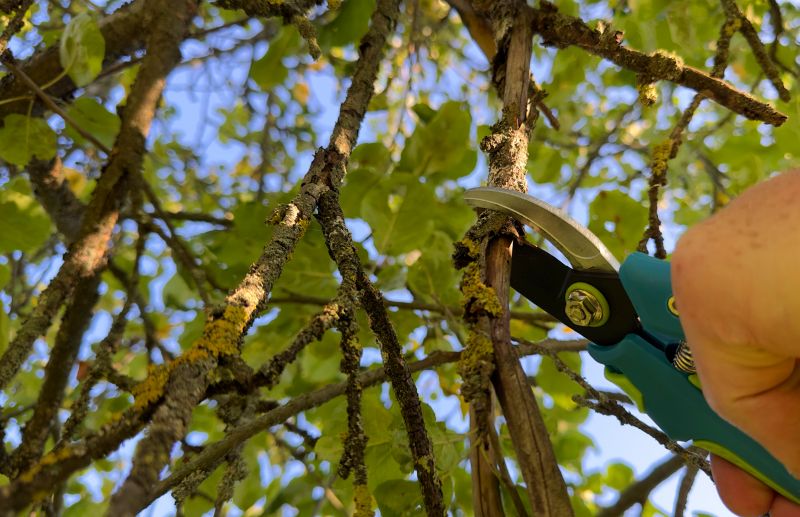
Removing deadwood and shaping shrubs before new growth starts.
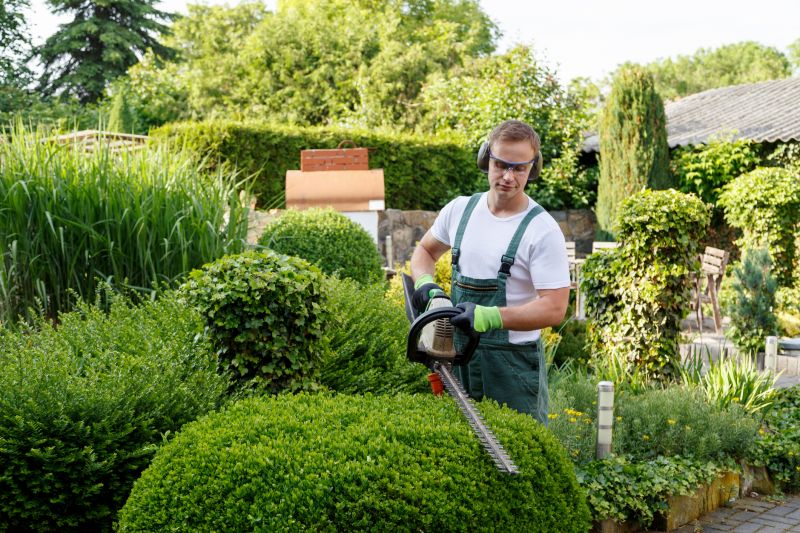
Controlling size and encouraging dense foliage.
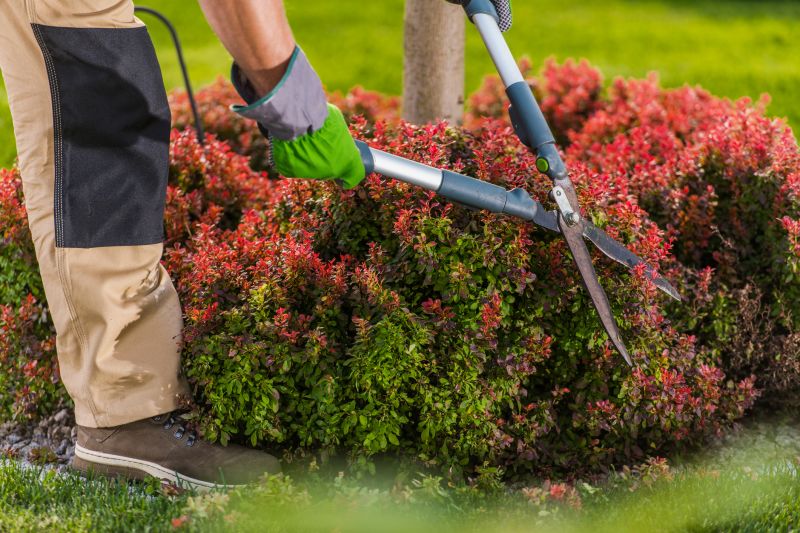
Light pruning to prepare shrubs for winter dormancy.
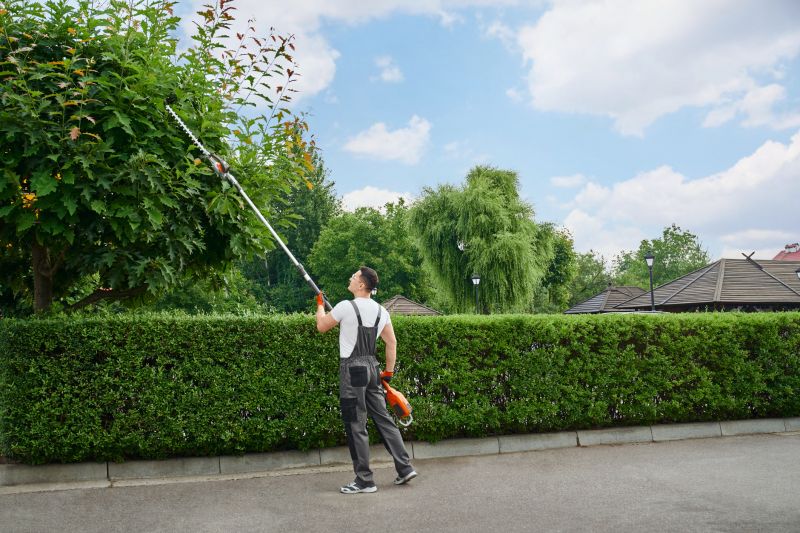
Stimulating vigorous growth for the upcoming season.
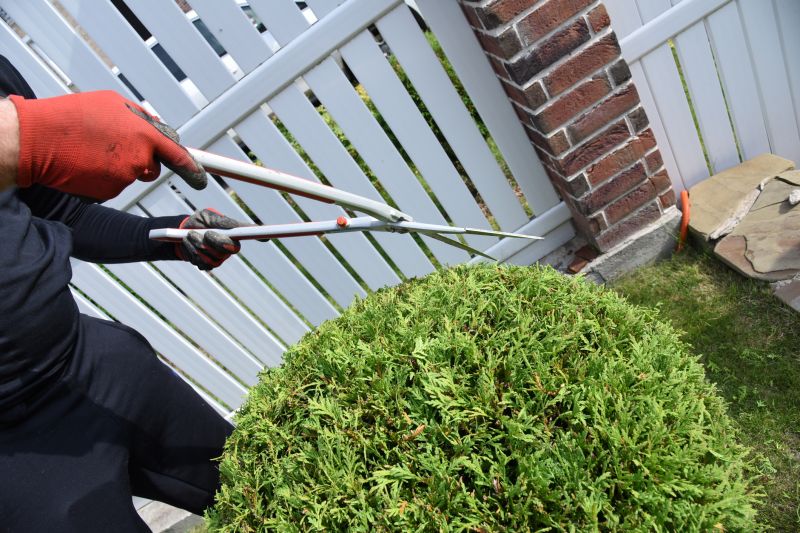
High-end options that actually feel worth it for Shrub Trimmings.
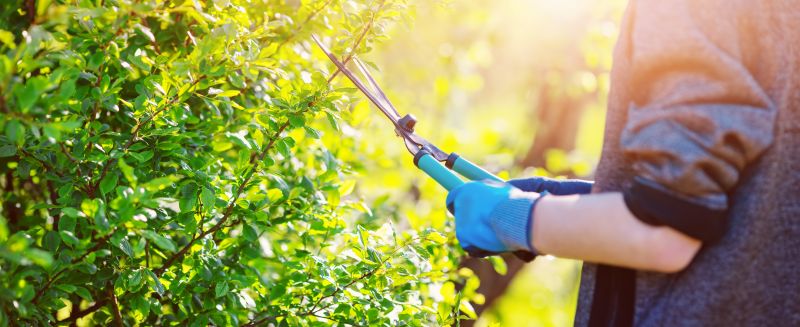
Finishes and colors that play nicely with Shrub Trimmings.
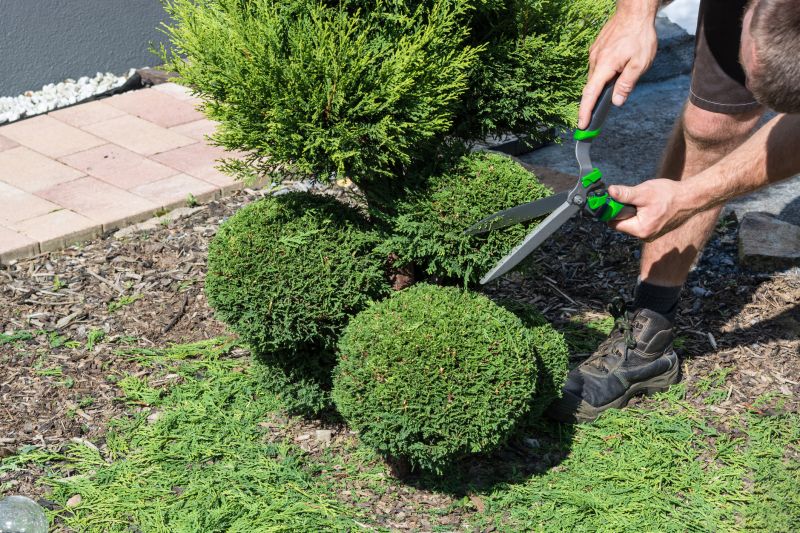
Little measurements that prevent headaches on Shrub Trimmings day.
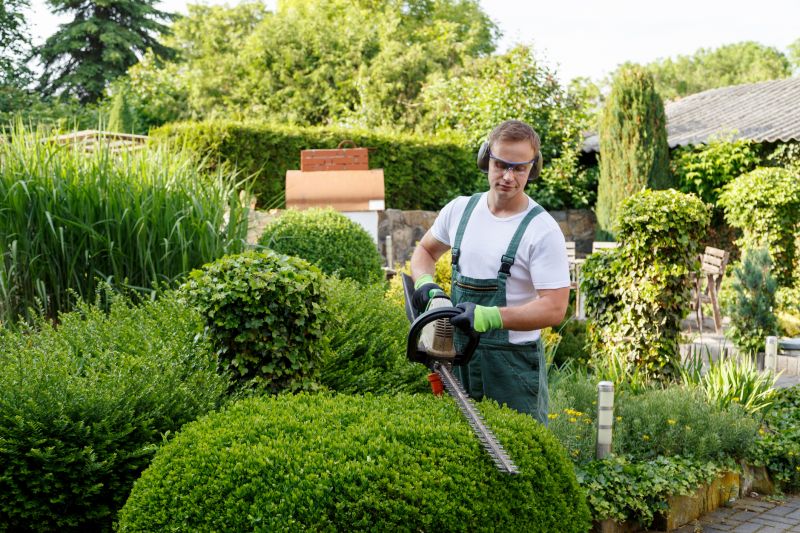
A 60-second routine that keeps Shrub Trimmings looking new.
| Shrub Type | Optimal Trimming Time |
|---|---|
| Deciduous Shrubs | Late winter to early spring |
| Evergreen Shrubs | Late spring or early summer |
| Flowering Shrubs | Immediately after flowering |
| Fruit-bearing Shrubs | Late winter or early spring |
| Fast-growing Shrubs | Spring and summer |
Proper timing for shrub trimmings is crucial for maintaining the health and appearance of landscape plants. Trimming at the right time supports optimal growth cycles and prevents common issues such as disease and pest infestation. Consulting with local horticultural guidelines can further refine the timing for specific shrub varieties.
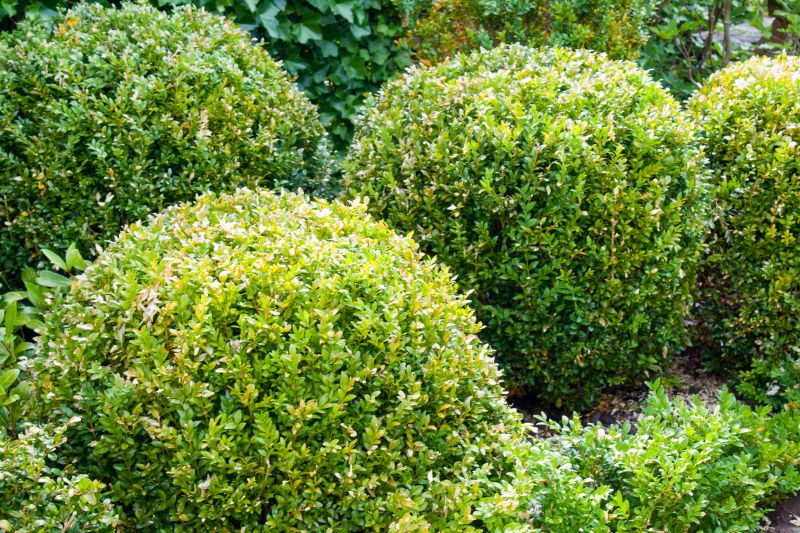
Well-timed trimming promotes vigorous, healthy growth.
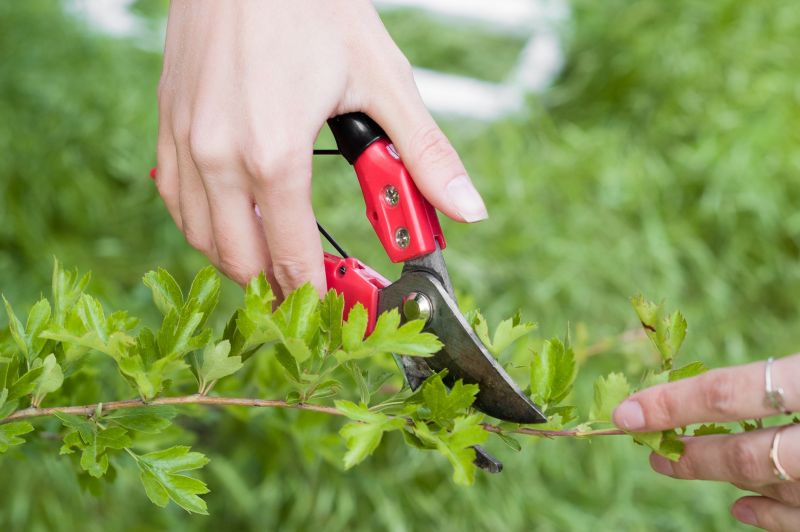
Using proper tools ensures clean cuts and reduces plant stress.
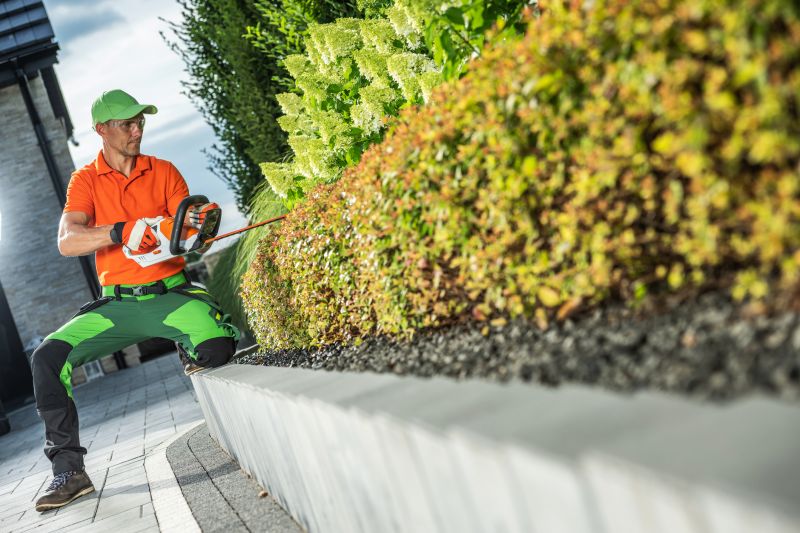
A frequent mistake in Shrub Trimmings and how to dodge it.

Small tweaks to make Shrub Trimmings safer and easier to use.
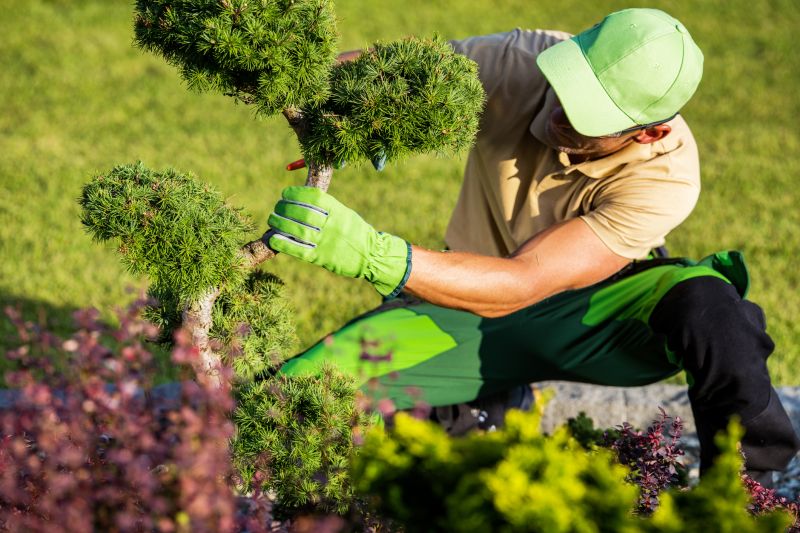
Lower-waste or water-saving choices for Shrub Trimmings.
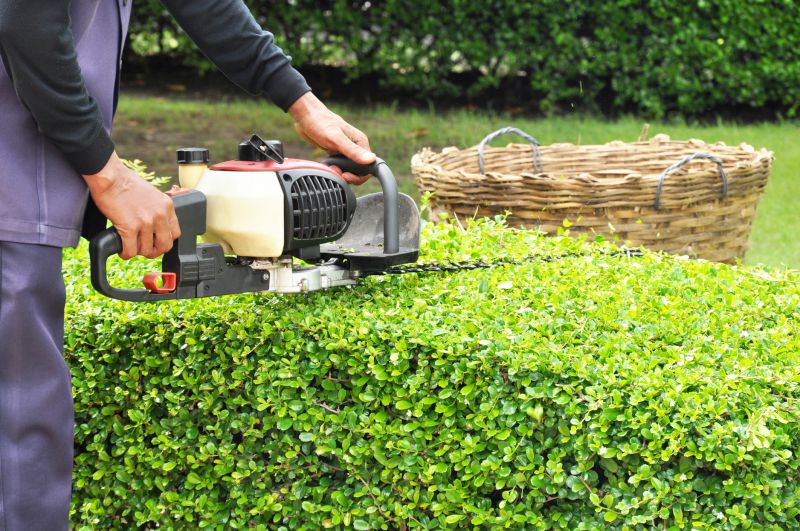
The short, realistic tool list for quality Shrub Trimmings.
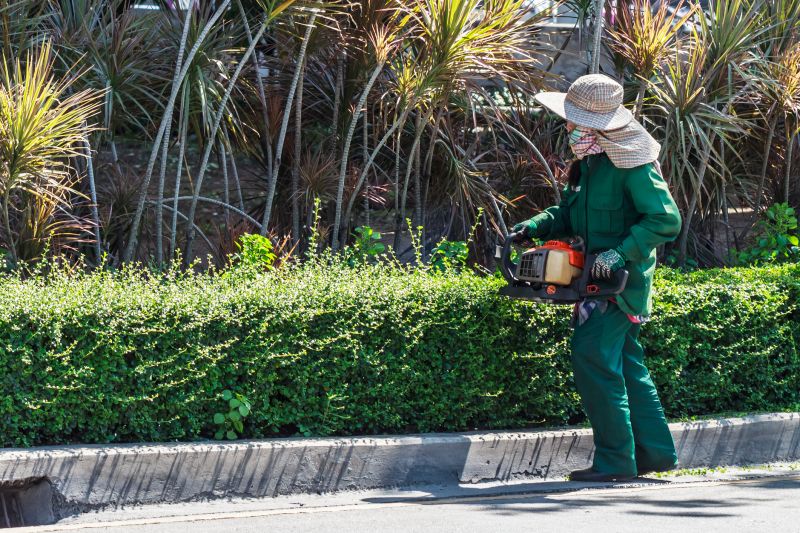
Rough timing from prep to clean-up for Shrub Trimmings.
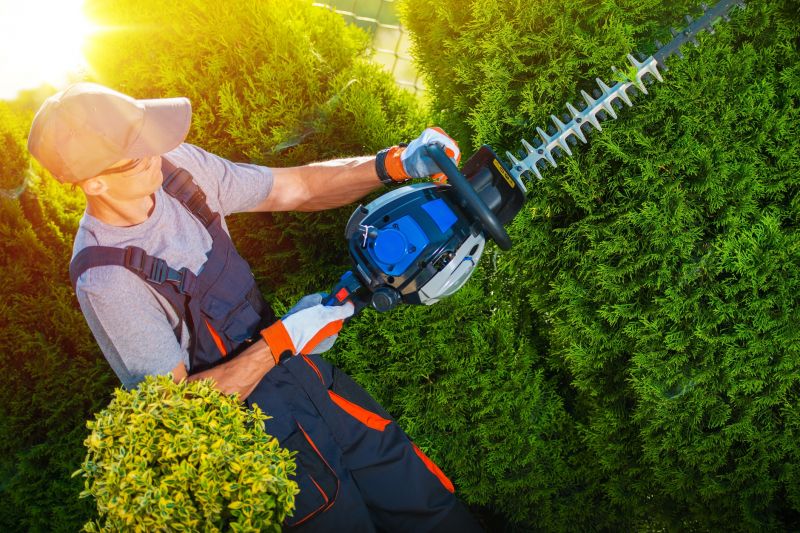
Quick checks and paperwork to keep after Shrub Trimmings.
Interested in scheduling shrub trimmings for landscape maintenance? Fill out the contact form to receive more information and assistance tailored to local climate conditions and shrub varieties.

